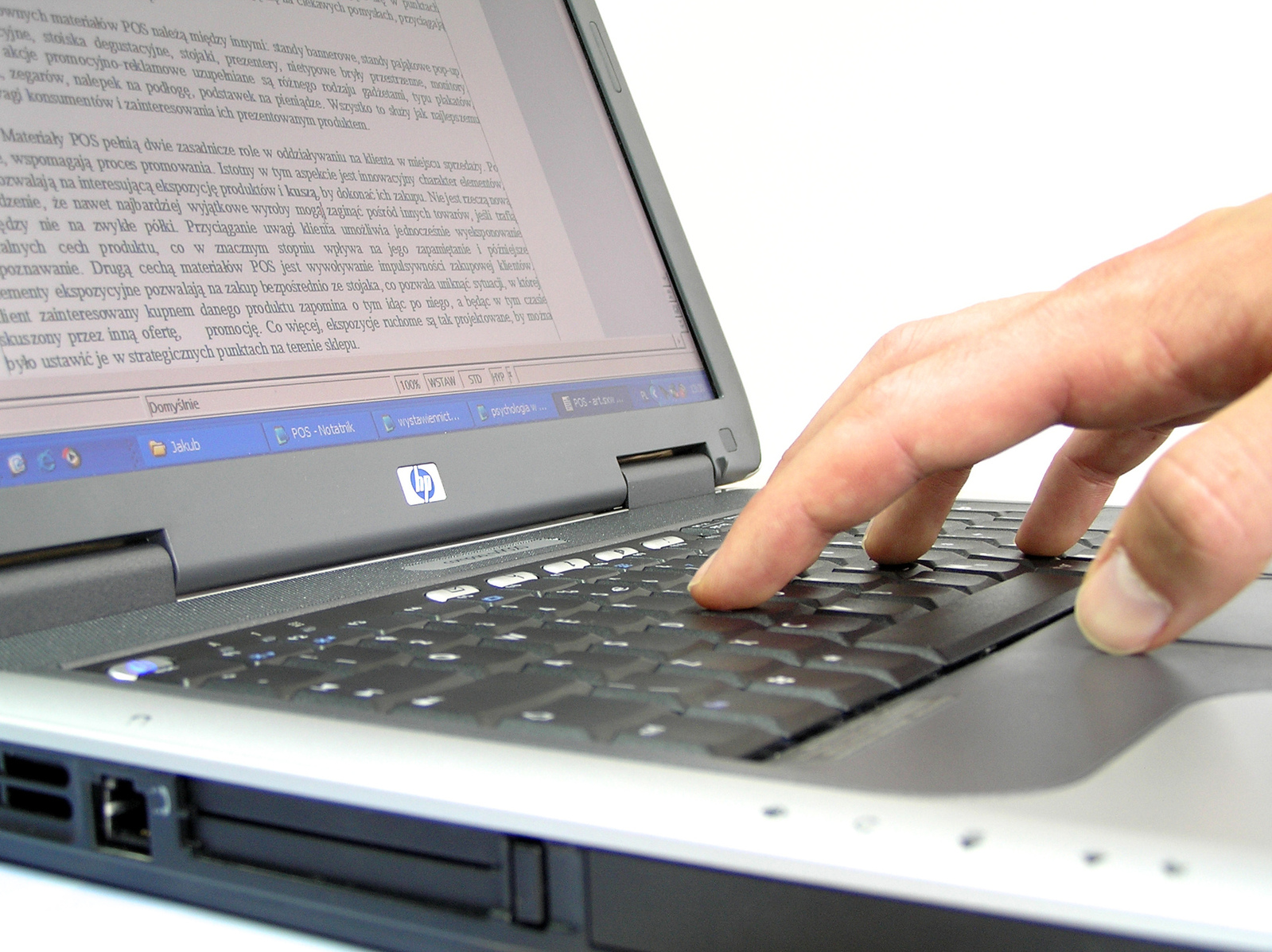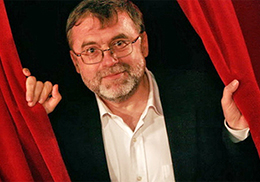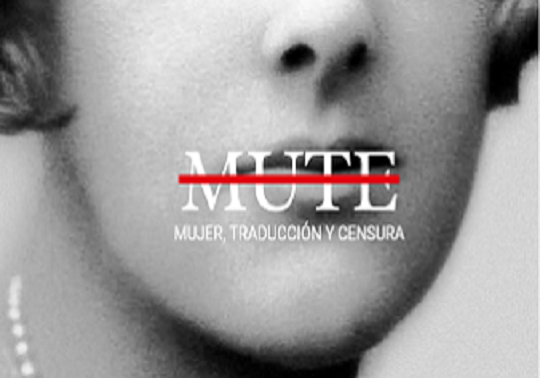
Internet provides new objectives to literature education, given that we cannot deny the presence of literature in the web or the new ways of digital reading. In fact, this tools are contributed to promote the understanding of two texts, at the same time that they provide multimedia tools and resources for its production, as well as for its possible publication.
21 july 2016
As we already mentioned in a previous post ("Changes in Didactics: From Teaching Literature to Literary Education”), today we do not refer to “literary teaching” but to “literary education”. We briefly remind that “teaching” literature was understood as the transmission of knowledge on a group of authors and works considered national heritage, together with analysis methods and text commentaries.
Nevertheless, the expression “literary education” refers to the teaching and learning of the needed skills to be able of competently reading literary texts. Therefore, the perspective change is evident, this is how Felipe Zayas expresses it in his analysis “La educación y las TIC” (“Education and ICT”).
This way, what is sought is promoting among students the literary experience, that is, “the discovery by readers that the words someone wrote in other time, in other place, have a relationship with them and with the world”, says Zayas. According the author, in the cultural context where we actually are, it is no strange seeing people reading on their own accord, as well as observing the increase of books shops and libraries.
What is sought is promoting among students the literary experience, that is, “the discovery by readers that the words someone wrote in other time, in other place, have a relationship with them and with the world
In this sense, “literary education” involves guiding users in the readings they make, providing them of knowledge and strategies. Likewise, the author of the analysis talks about two types of knowledge:
- Knowledge related to the historical and cultural context.
- Knowledge on the literary tradition (subjects and topics, and conventional ways).
Therefore, to make that possible, some teaching procedures, methodology that promotes shared reading in the classroom and carrying out activities aimed at giving sense to the texts is needed. Is here when the potentiality of ICT acquire significance. Zayas talks about three aspects in which these technologies have a positive influence:
- The experience of literature online: online libraries, digital press, online journals or webpages for reading guidance. Most of the works are digitalised literature, but there are also works that go beyond the mere digitisation and include multimedia elements. These determine a way of reading literature that has to be taken into account in the classrooms, as the author states.
- Access to information resources: Internet allows access to different sources such as manuscripts, first editions, letters, photographs, sound libraries or authors’ sites which favour contextual knowledge of the literary tradition put to question. It also highlights the existence of media which allow students to become content editors through blogs, wikis or multimedia websites. Tools which shall be promoted by teaching bodies as stated by Zayas.
- Social networks: they allow several forms of interaction among users along with the creation of digital works which can be shared. For Zayas, the characteristics of social networks make of them a tool to be used in educational contexts where the teacher should be understood as a guide. Through social network, communication and literary debate among users is made possible. However, there are other uses such as creative writing, experience exchange, etc.
Once all of the above has been explained, Zayas concludes that “using such resources cannot only be considered as a modernization of classroom tools, but also as a provider of important aspects such as team work and public character of web-based productions”.
Recommended tools
After explaining the relationship between “literary education” and ICTs, and the benefits they have for the promotion and dissemination of reading and writing activities among students; we deem appropriate to recommend some digital applications which can be consulted in order to improve lexical aspects, promoting creative narration or exercising grammar and orthography.
For aspects related to reading and lexicon we find: Proyecto Gutenberg, Banco de textos or PlanetaLector. But if you are interested in grammar, we recommend Proyecto Cíceros or Gramaticas.net. Regarding orthography, you may consult portals such as: Reglas de ortografía, Algarabía or Blogger.
Additionally, there are other applications and websites related to oral expression and literature such as the following: Spreaker and World Literary Atlas, Biblioteca Virtual Miguel de Cervantes or Aula de Letras. We could also highlight: Al borde de la lengua, Apuntes de lengua or Materiales de lengua, which include several activities in Spanish.
For more information, please refer here.
Published by: Verónica Cañizares Ramos












